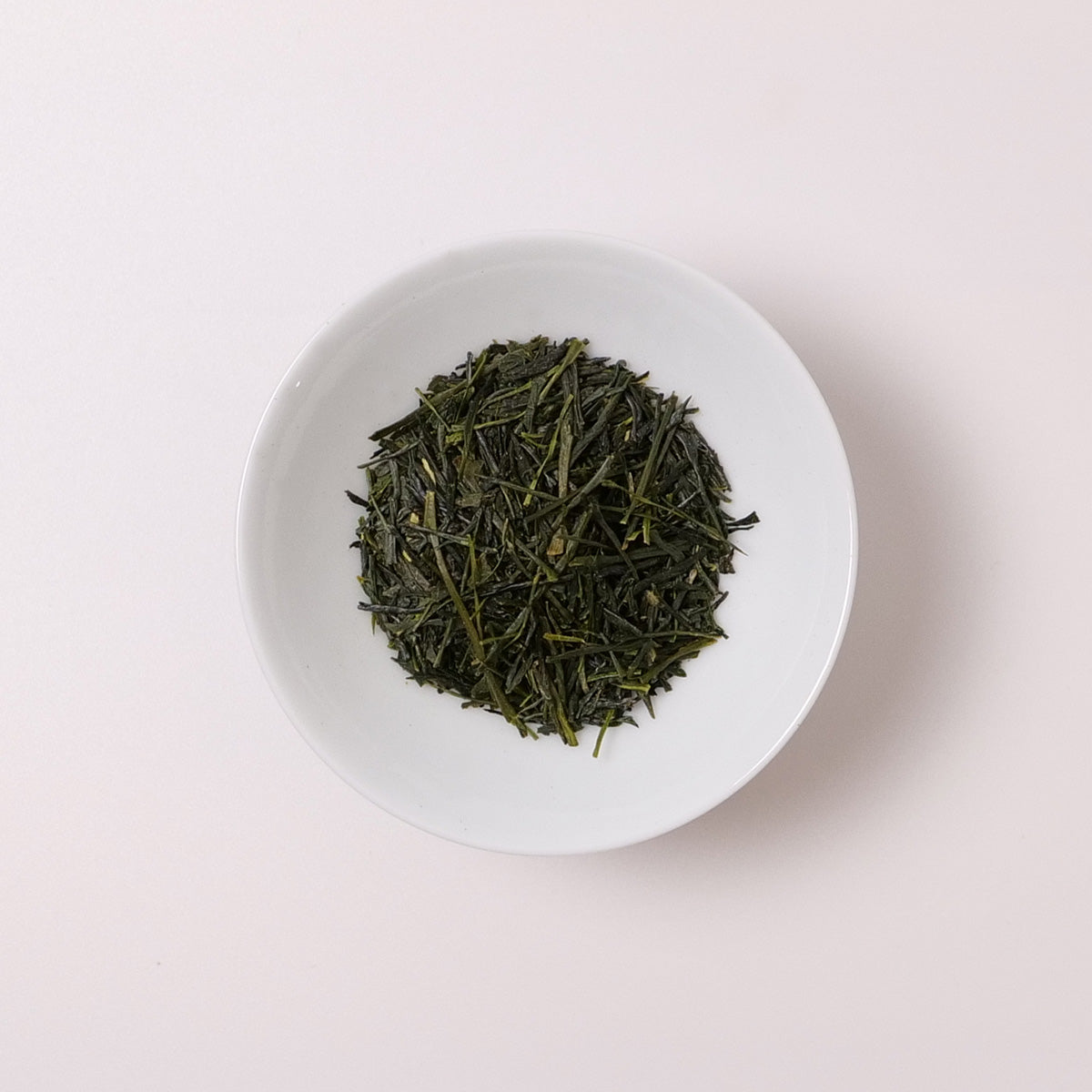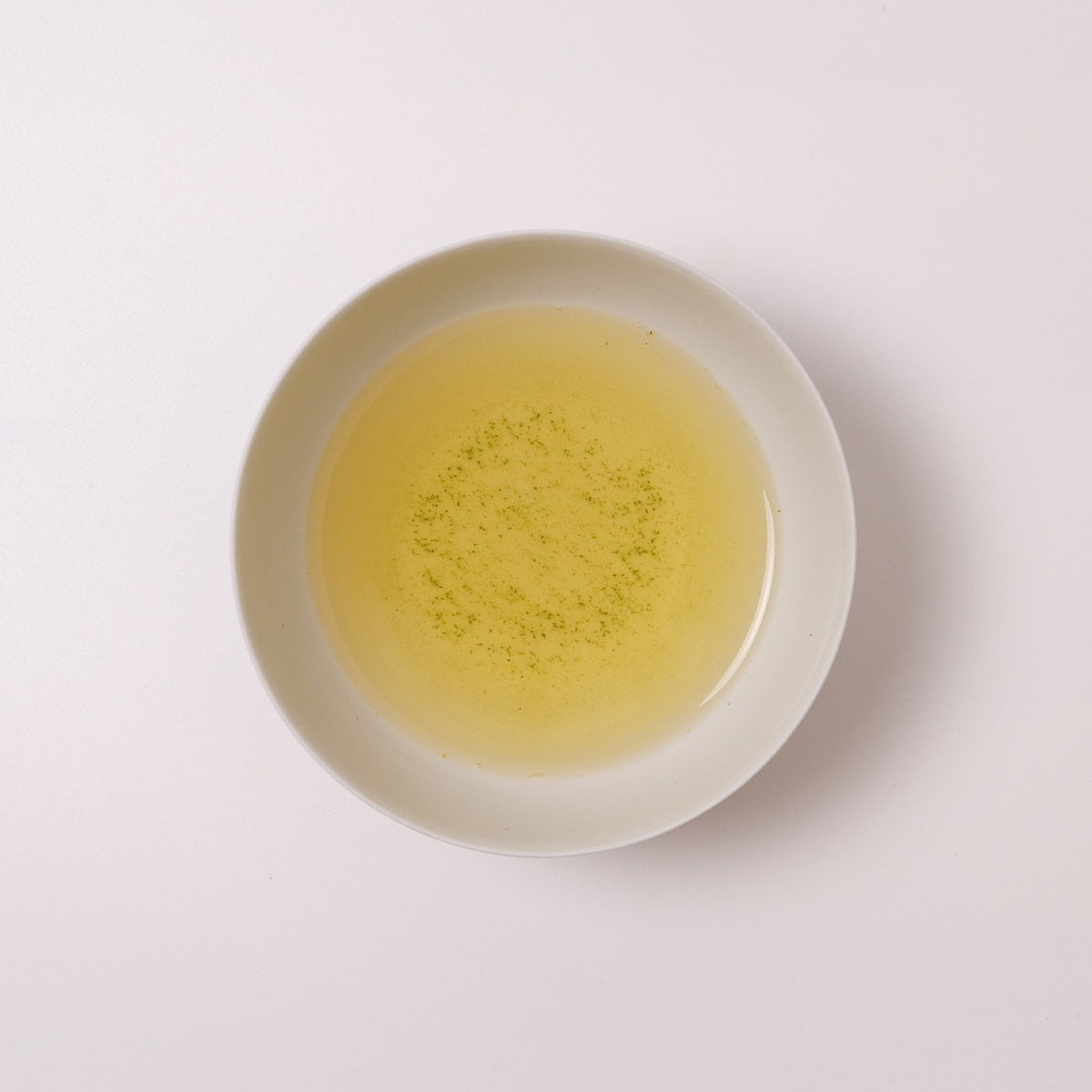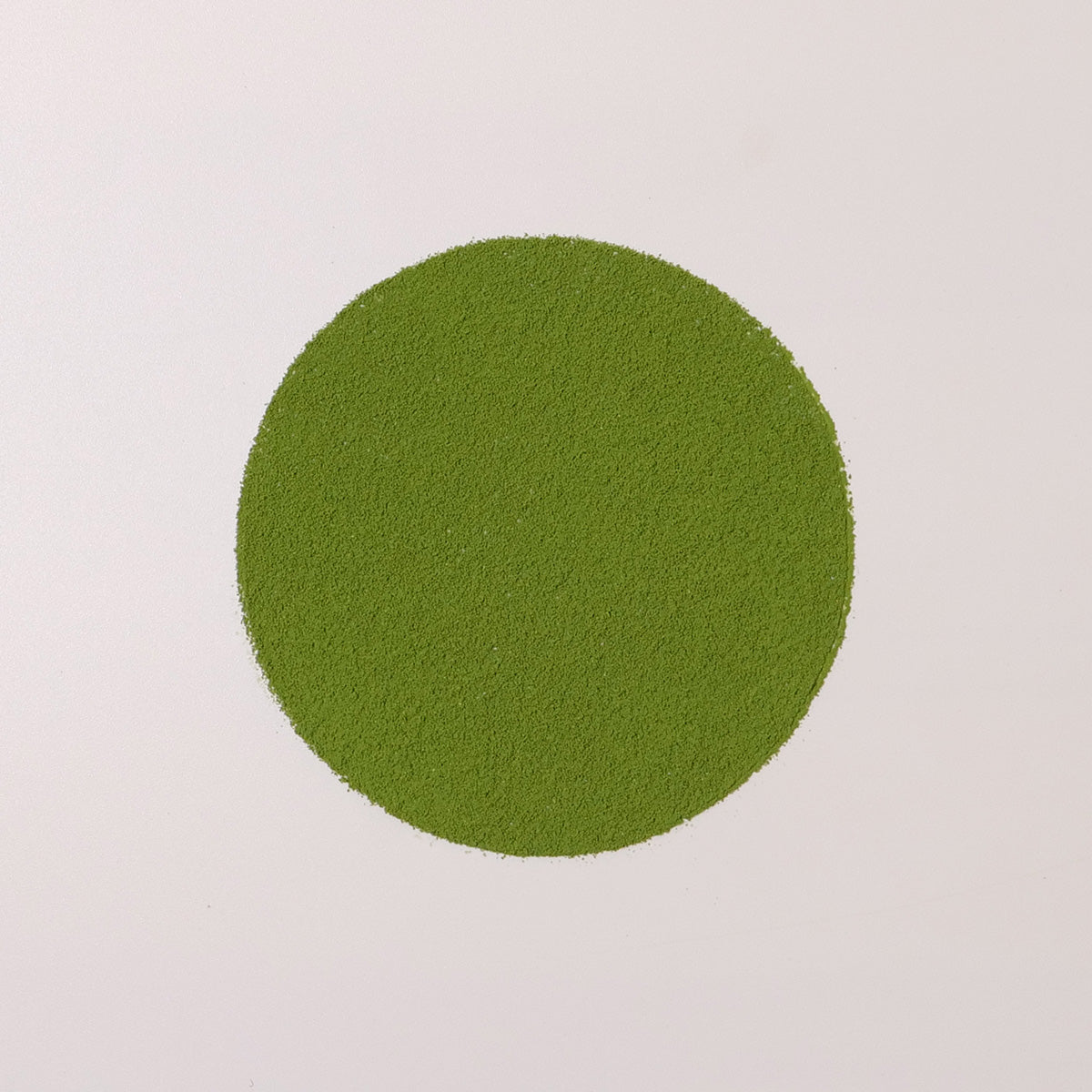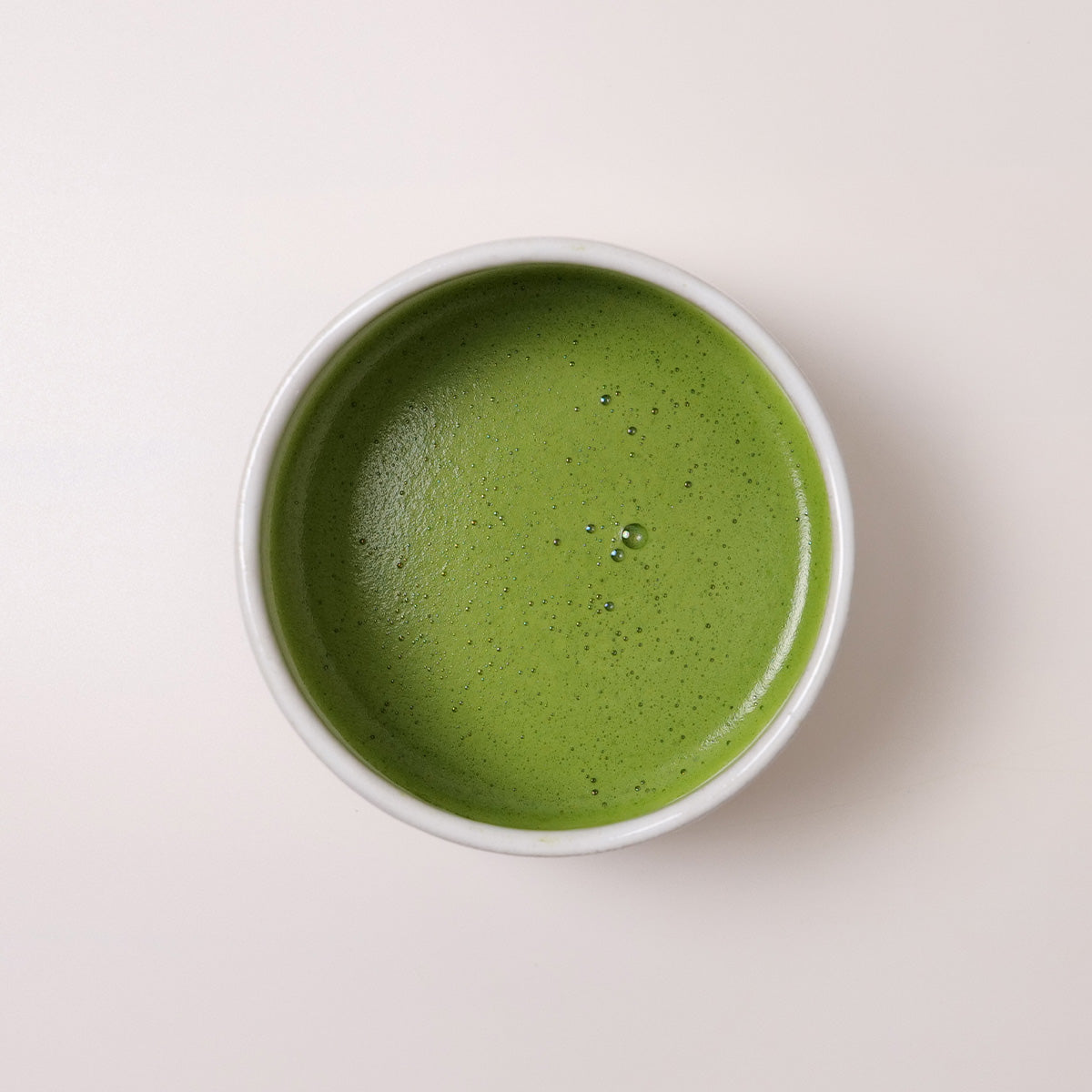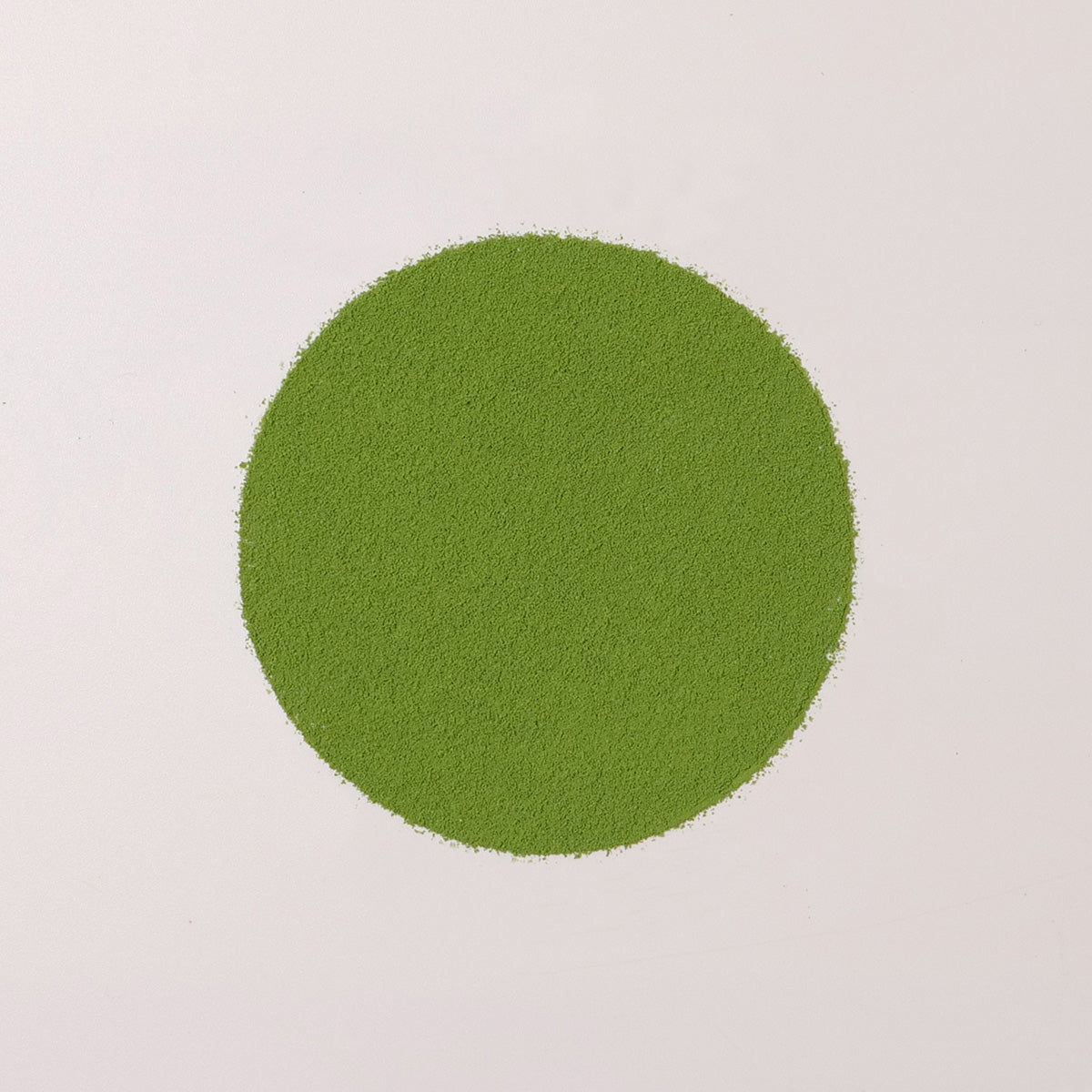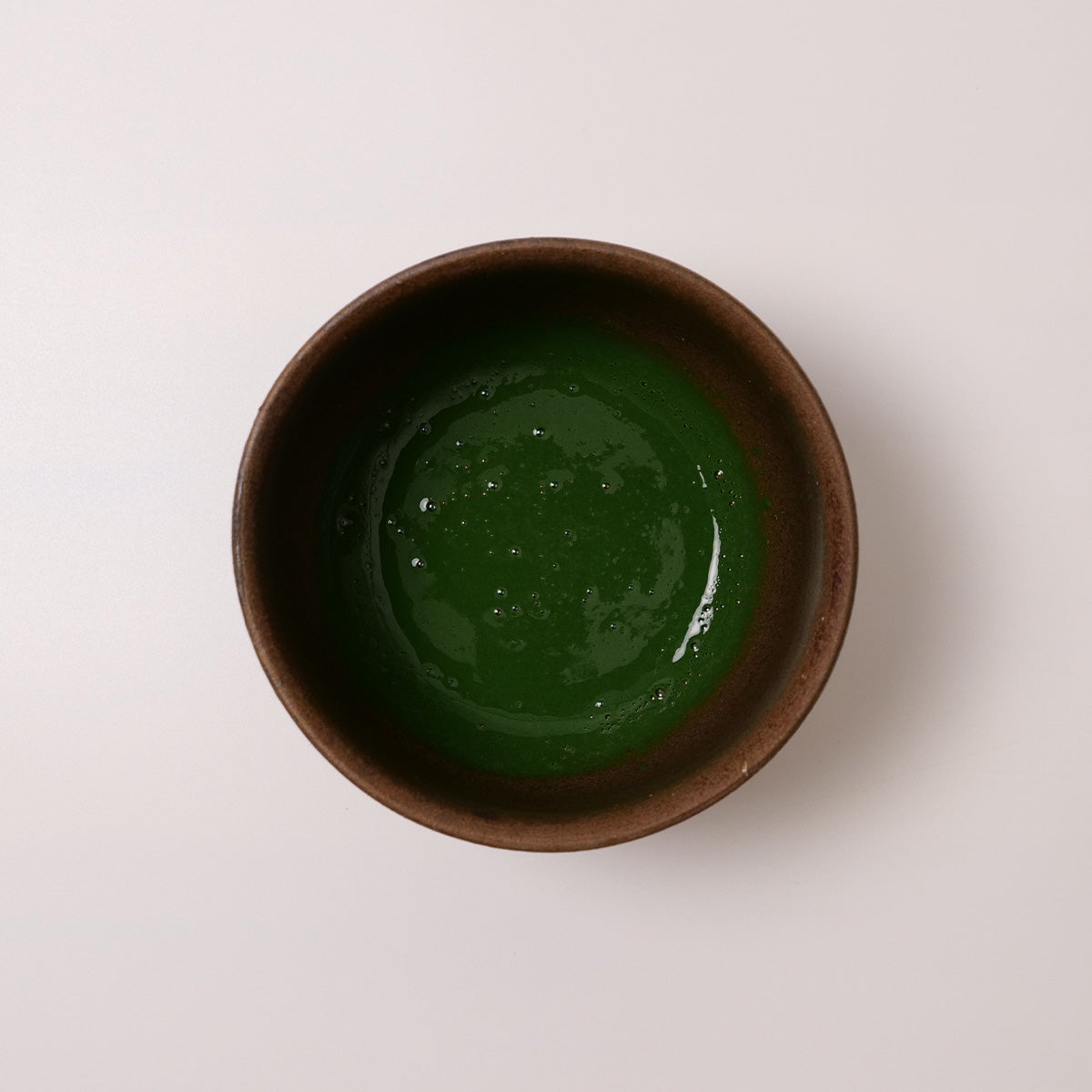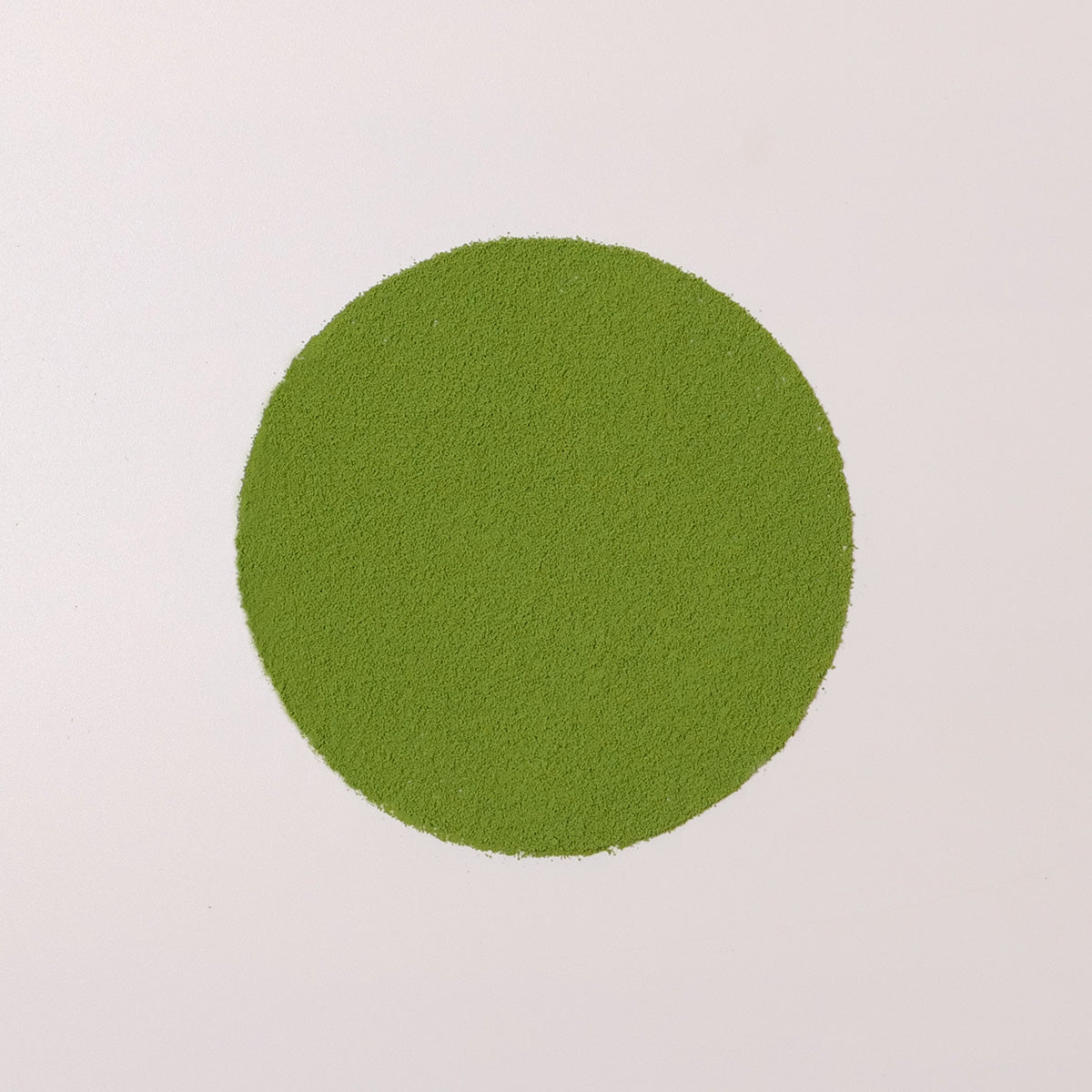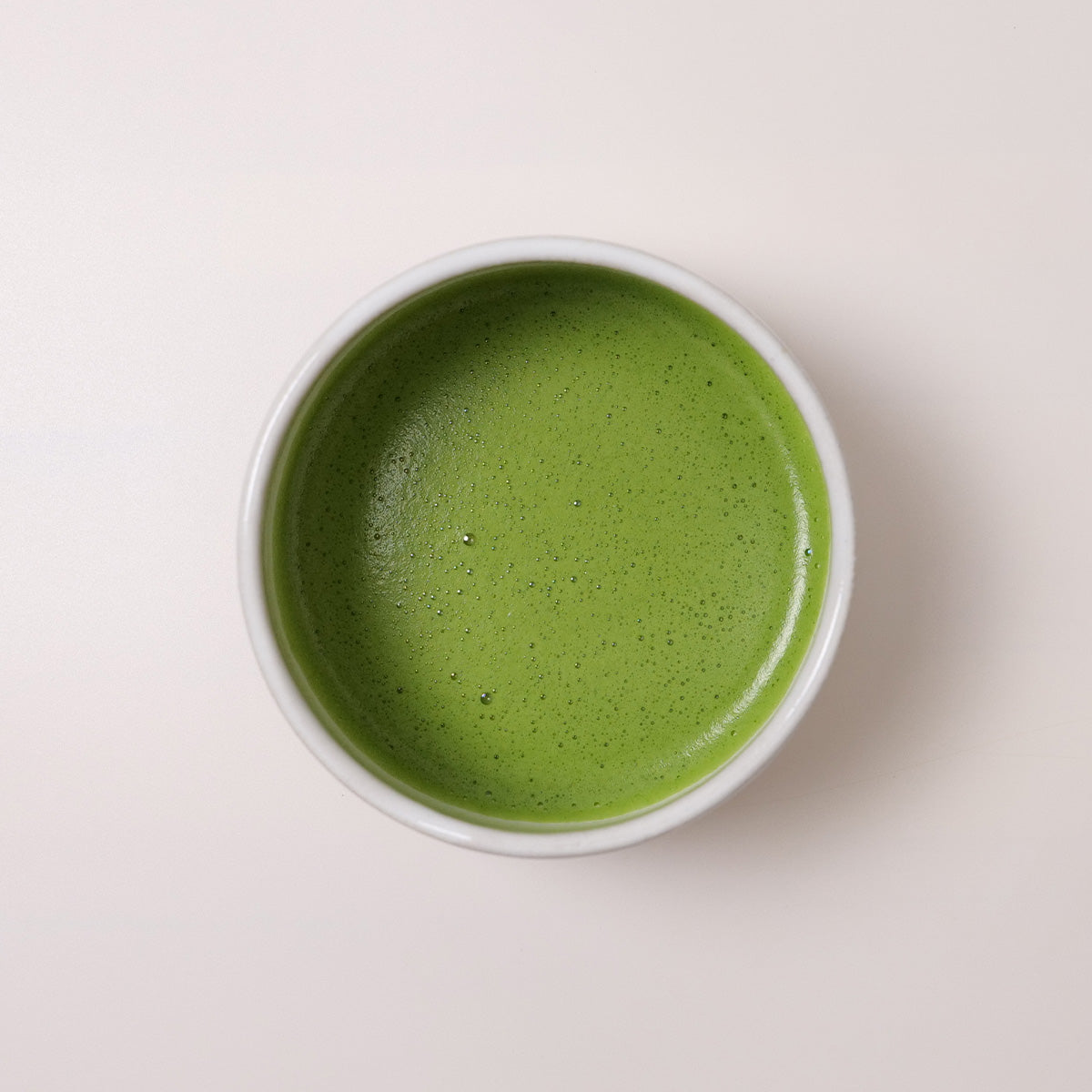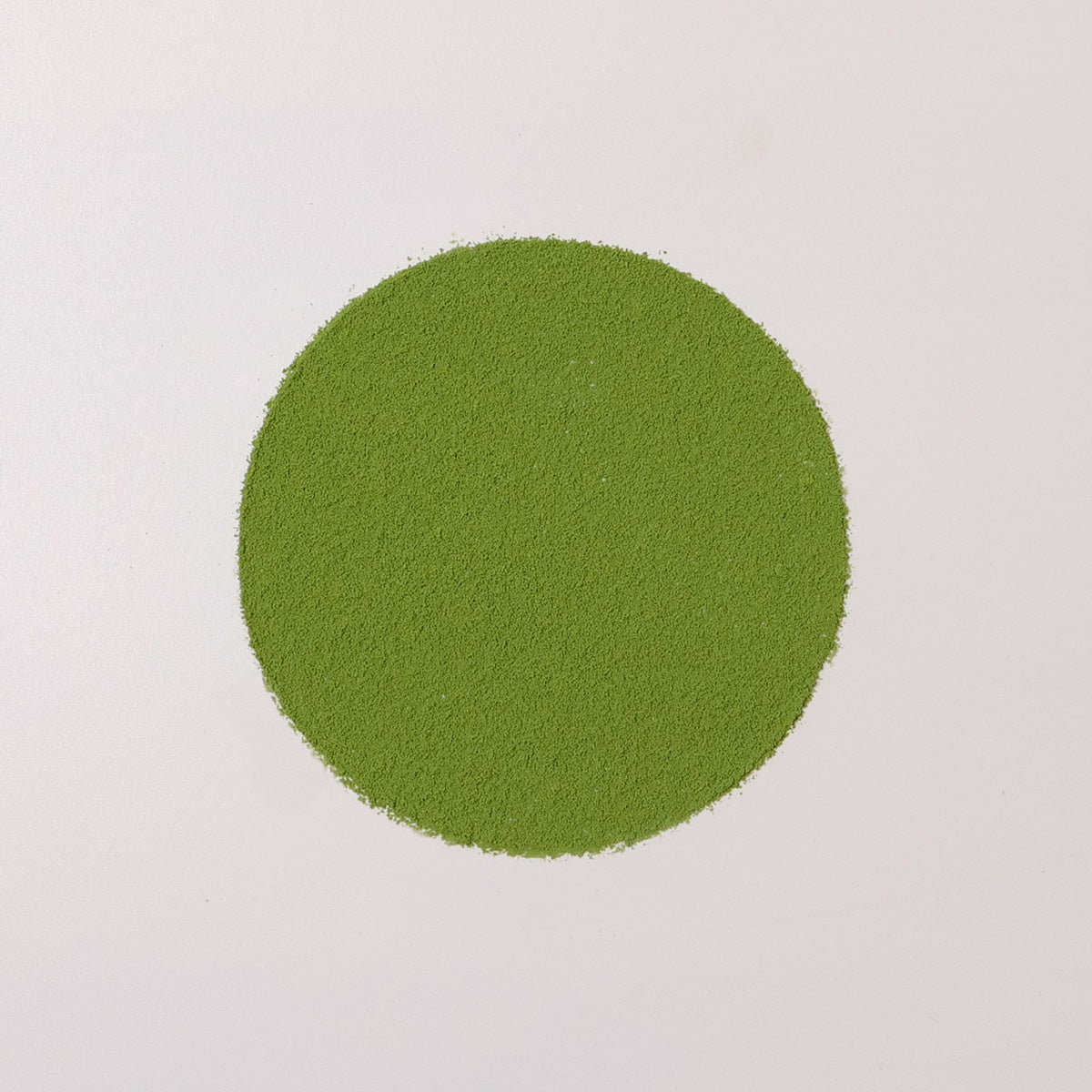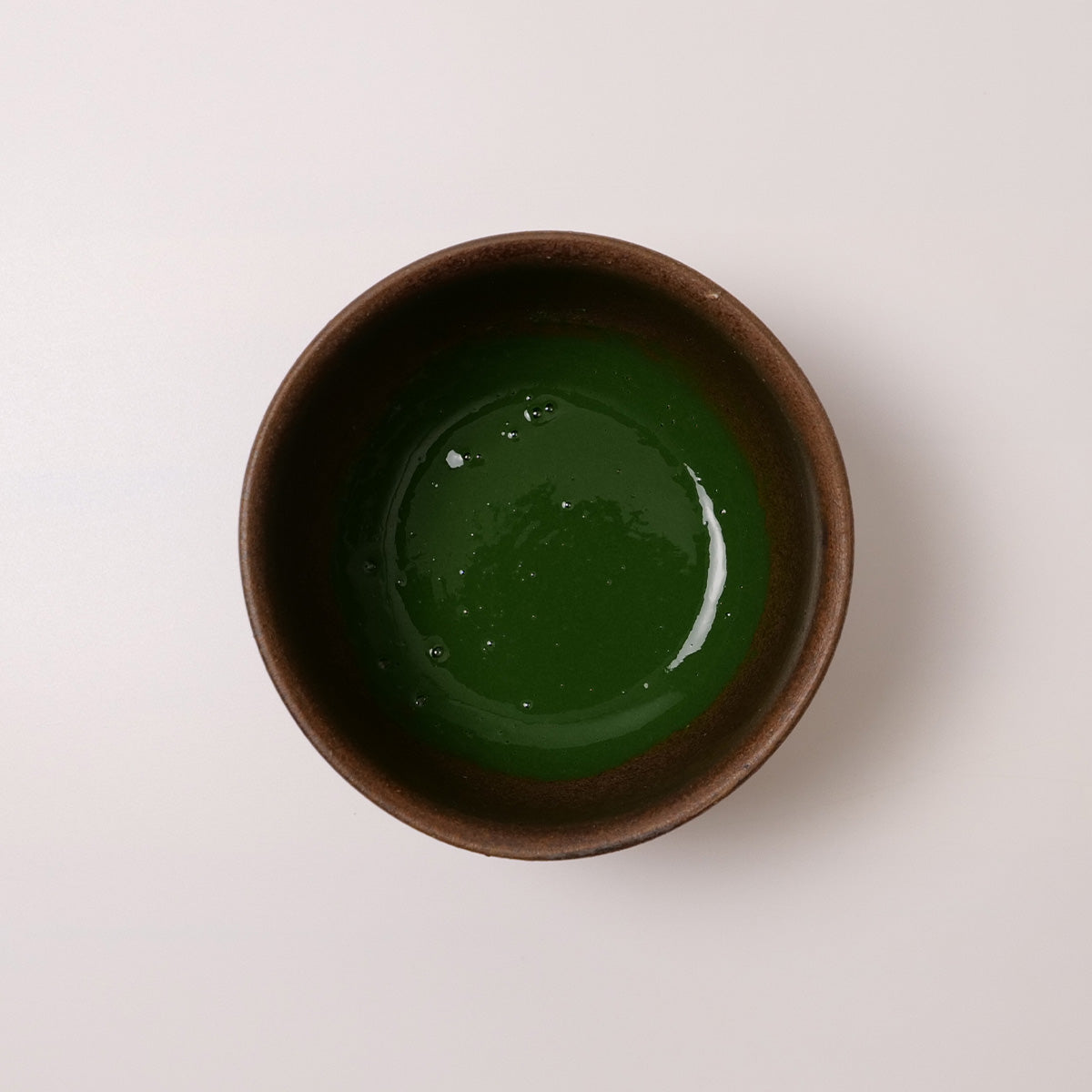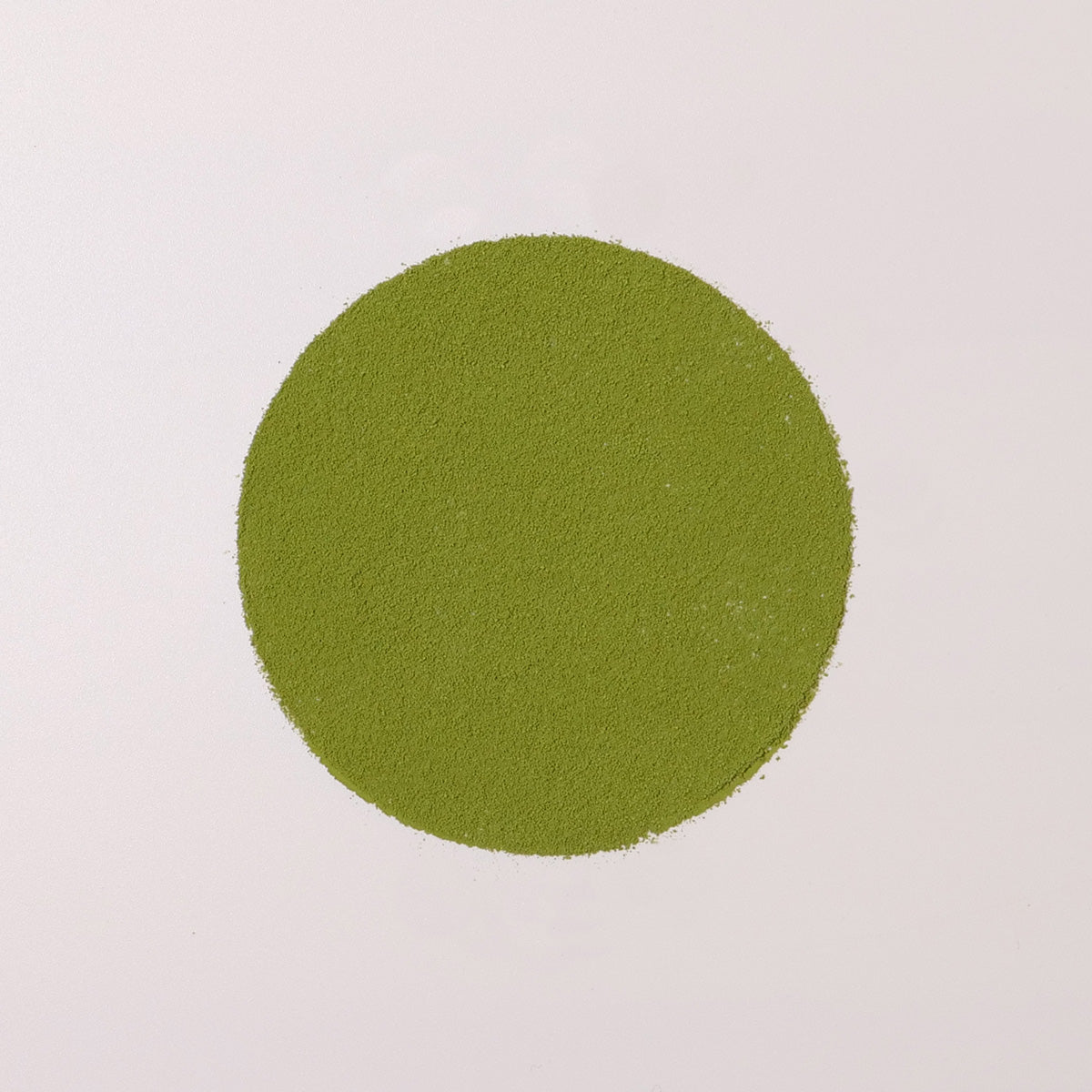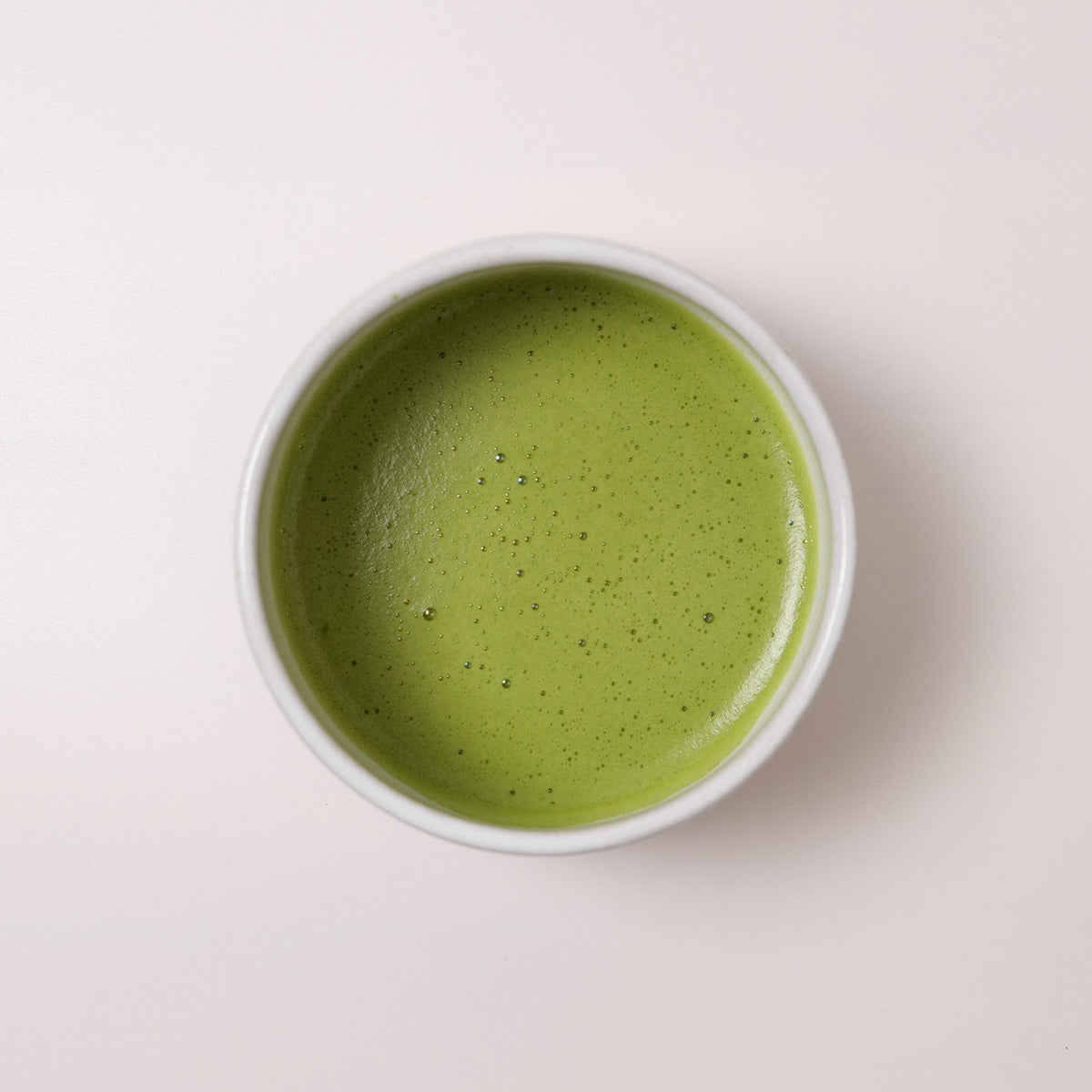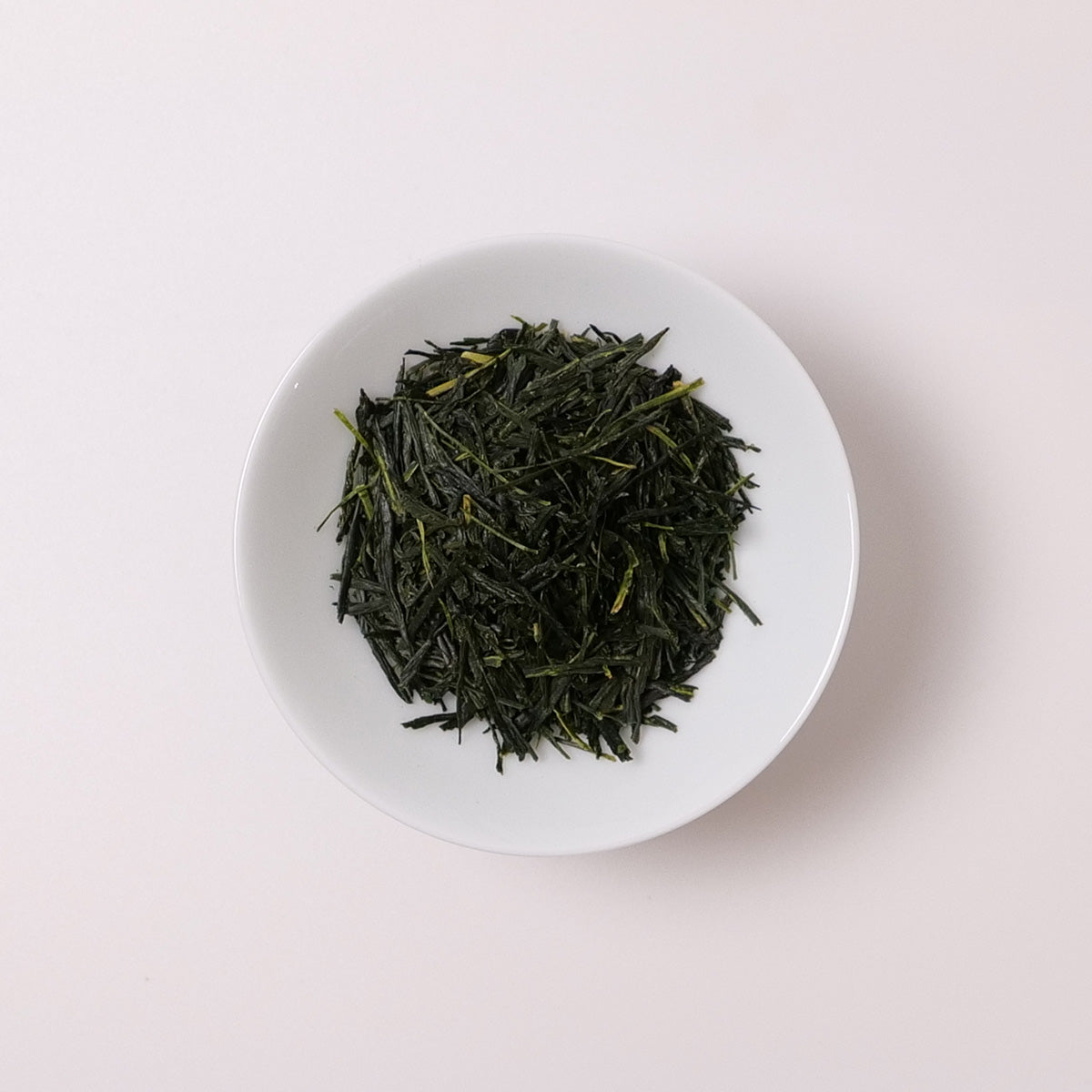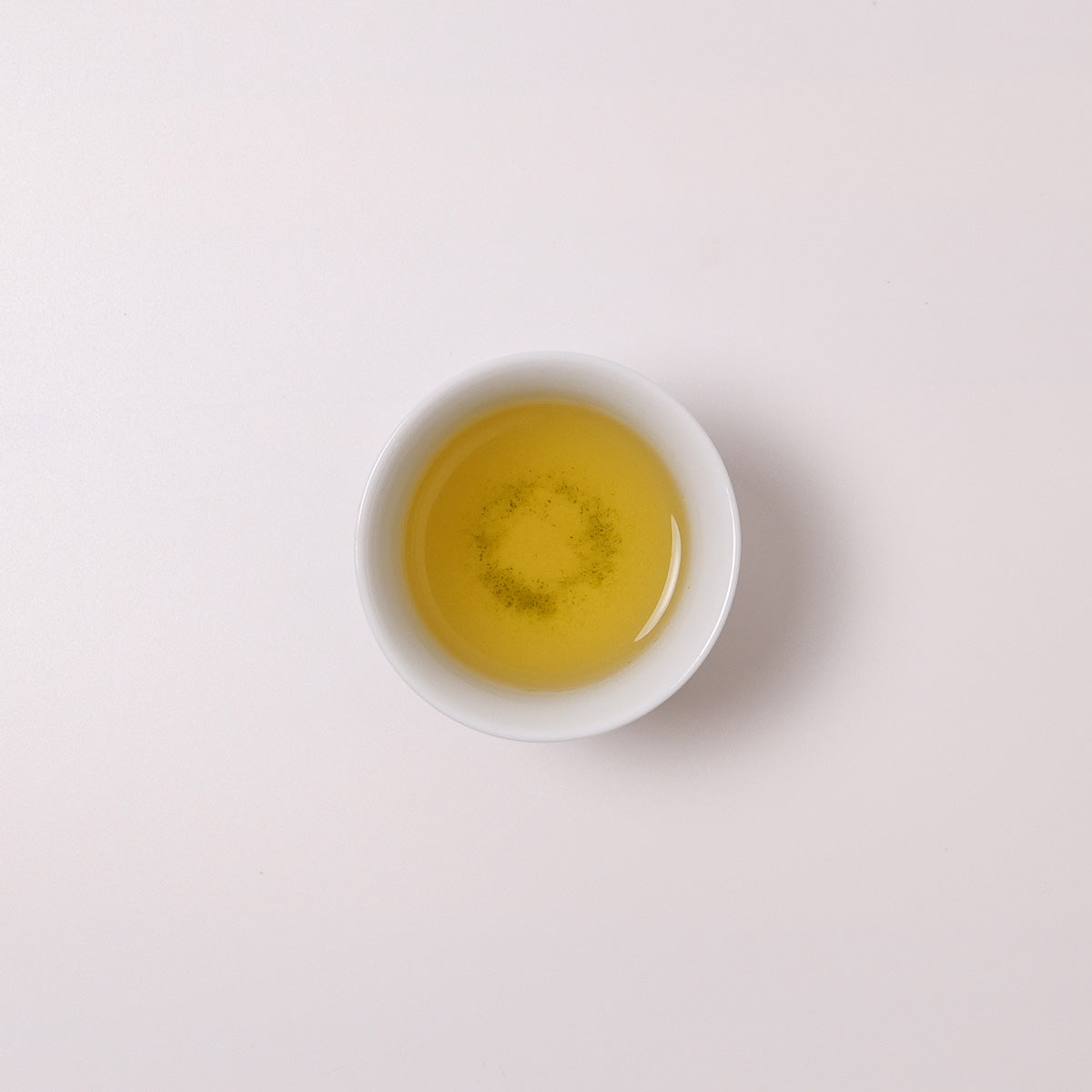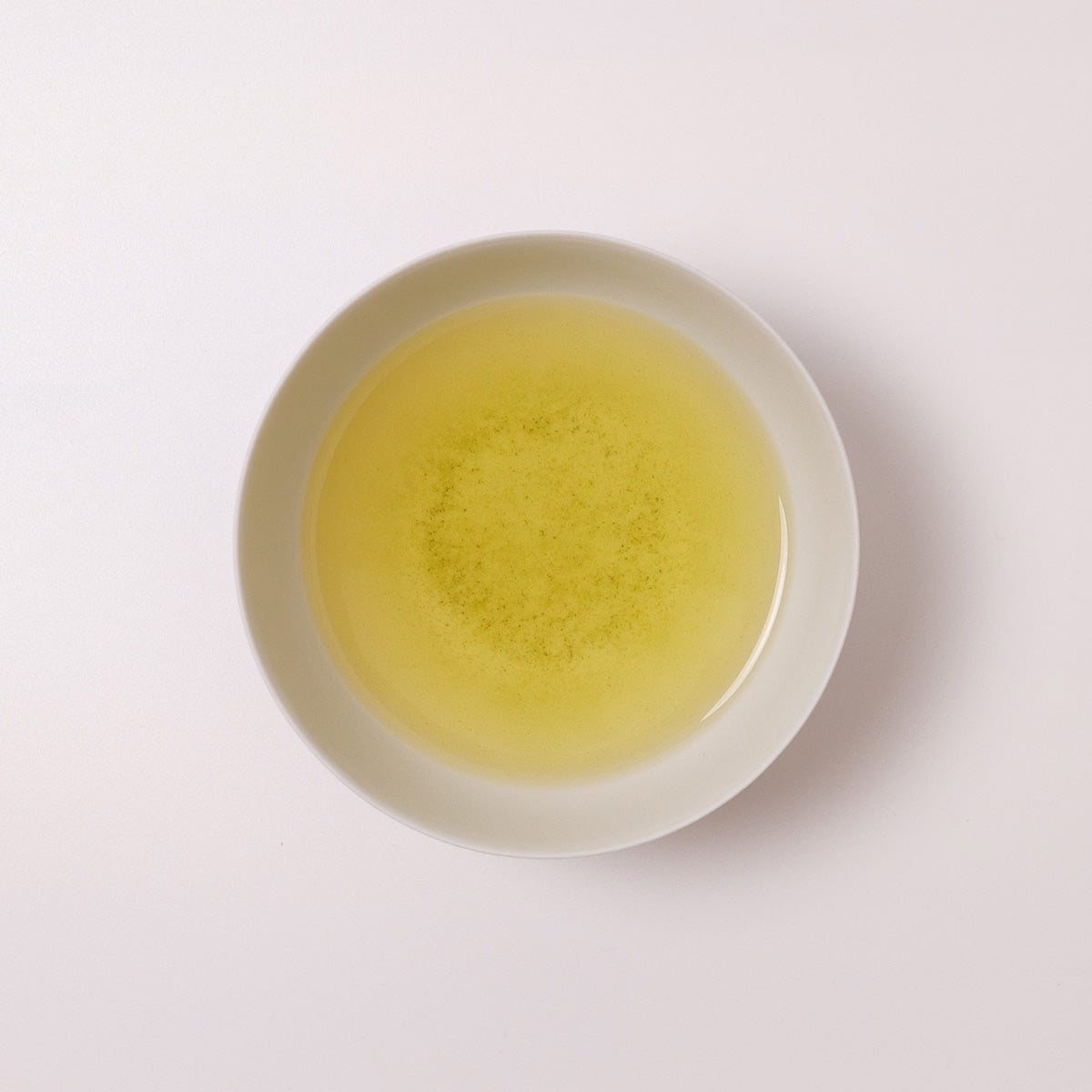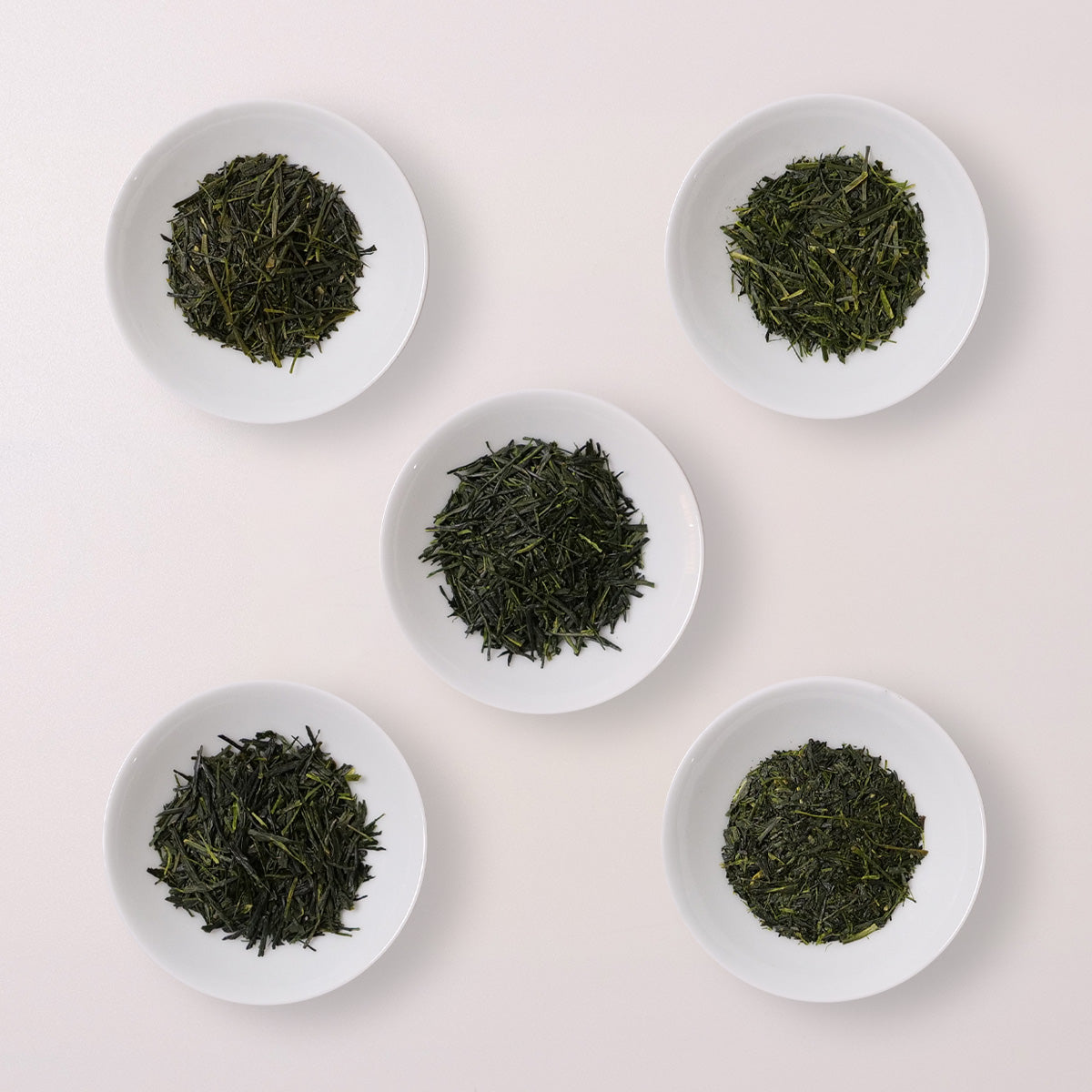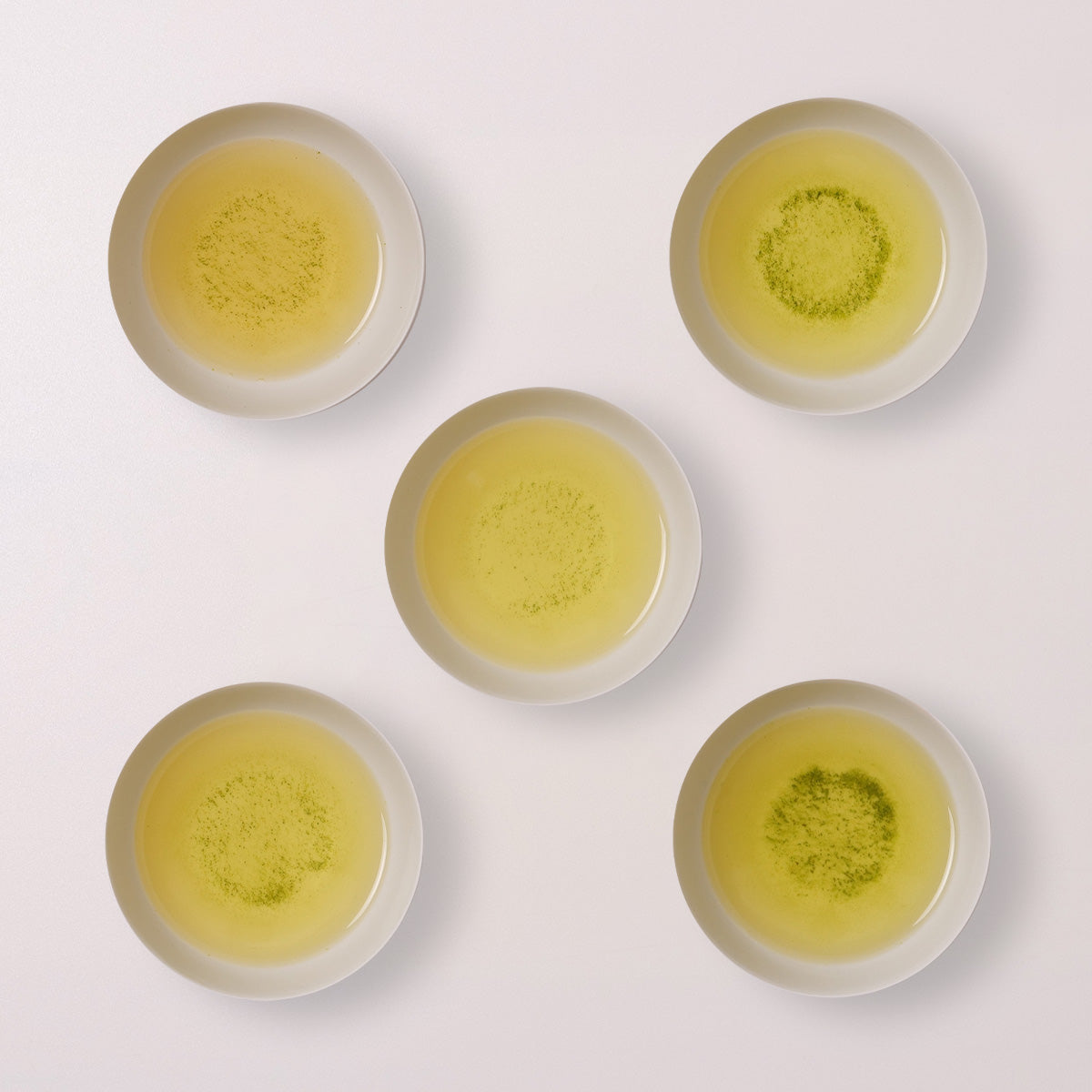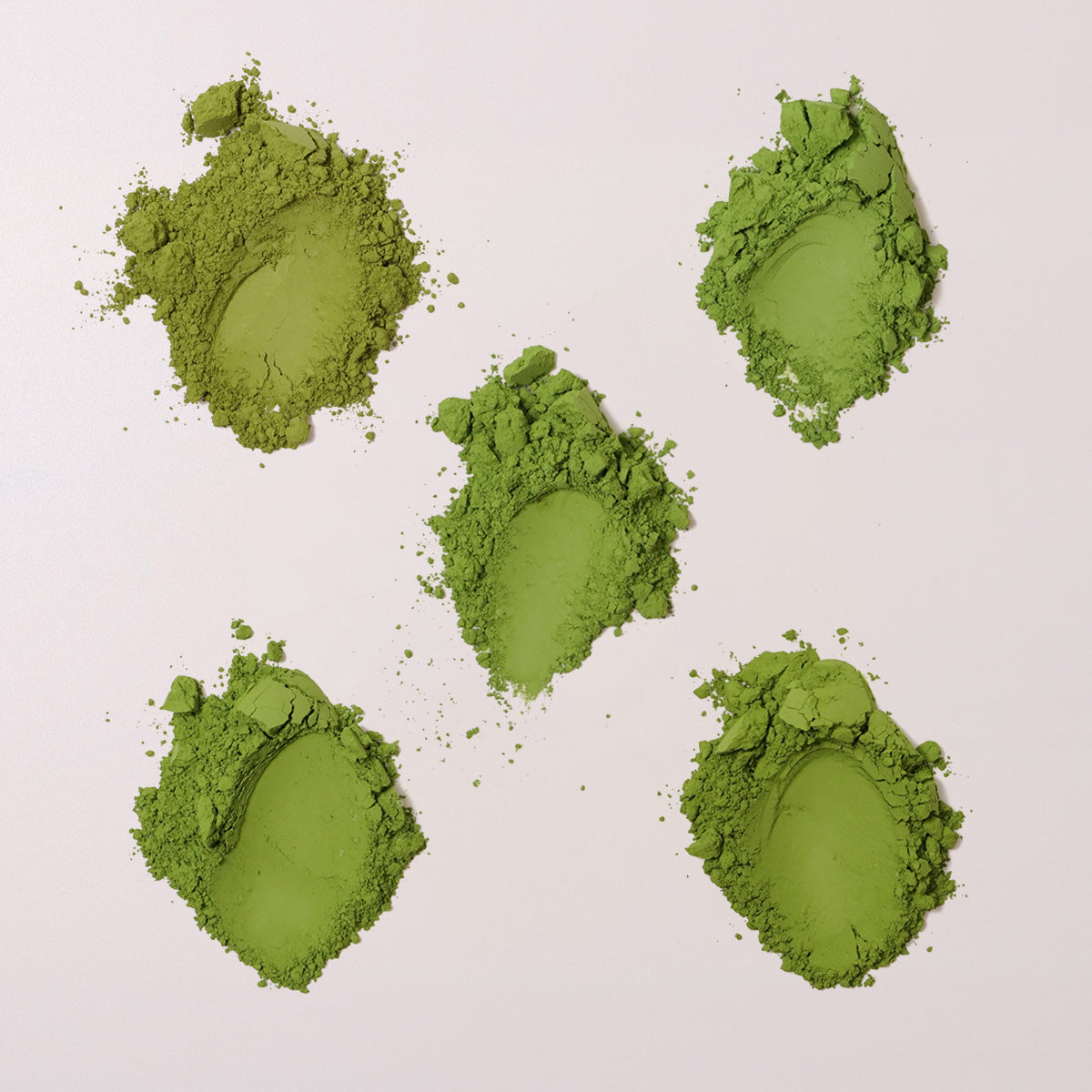Nutrients in Japanese Tea and Their Benefits
The sophisticated taste and concentrated nutrients of Japanese tea, known for their health benefits, are attracting attention worldwide, and we receive many inquiries daily.
On this page, we introduce the various health and beauty benefits provided by the nutrients in Japanese tea.
Please note that the content on this page, based on research and academic papers, is intended to introduce various nutrients found in Japanese tea. It is not intended to guarantee the cure of specific diseases or the enhancement of health.
Introduction
Japanese tea contains various nutrients, including catechins, theanine, and caffeine. A study by the National Cancer Center Japan, conducted from 1990 over 19 years with 90,000 participants, found that higher consumption of Japanese tea reduces the risk of serious diseases.
Catechins
Catechins, a type of polyphenol, are well-known components of Japanese tea. They cause the tea's astringency but are known for their high antioxidant activity, offering anti-aging benefits.
Additionally, a special catechin found only in Japanese tea, Epigallocatechin Gallate (EGCG), has been shown to have beneficial effects against various viruses, and active research is ongoing.
Methylated Catechins
Methylated catechins are formed when Epigallocatechin Gallate (EGCG) undergoes methylation.
This rare component, found only in specific varieties like Kanayamidori, Okumidori, Yutakamidori, and Benifuuki has recently gained attention for its anti-allergy effects, with ongoing research.
Source: Allergology International Volume 63, Issue 2, 2014, Pages 211-217
Theanine
Theanine, a type of amino acid, can provide moisture and relaxation to your tired mind and body.
It significantly influences the flavor of tea, with most of the umami taste being created by theanine.
Caffeine
Caffeine is abundantly found in coffee, black tea, and Japanese tea. Caffeine is recognized for its fat-burning effects and ability to enhance concentration.
However, the amount of caffeine can vary significantly depending on the type of tea, so it's important to consume it according to your own health and body condition. The amount of caffeine contained in Japanese tea is as follows in the table below.
Dietary Fiber
According to research from Ohio University, Japanese tea increases beneficial gut bacteria, mainly aiding in weight loss.
Japanese tea is also rich in dietary fiber. In the case of Matcha, the fiber content is more than 20 times that of cabbage (when compared by weight).
Vitamin C
Japanese tea, made with an emphasis on freshness, contains abundant naturally-derived Vitamin C.
Known for its antioxidant properties, this nutrient helps in anti-aging care and maintaining a tired body.
Recommended for You


